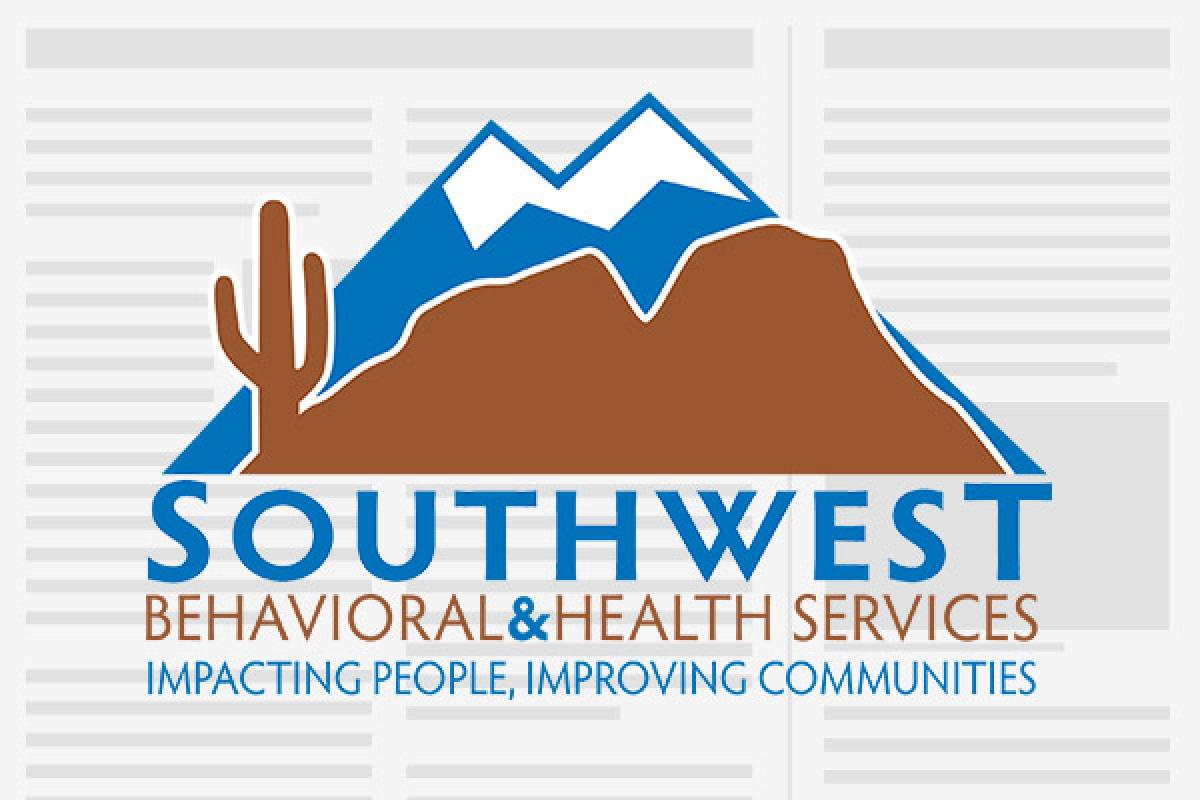
This article was originally posted on July 18, 2017 By Sarah Royal of The Partnership for Drug-Free Kids at DrugFree.org.
There’s a lot of stigma and misunderstanding with substance use disorders, treatment and recovery. But you should never let social judgment stand in the way of getting your child the help he or she needs and deserves. Here are nine facts to know so you can be better prepared to help your child.
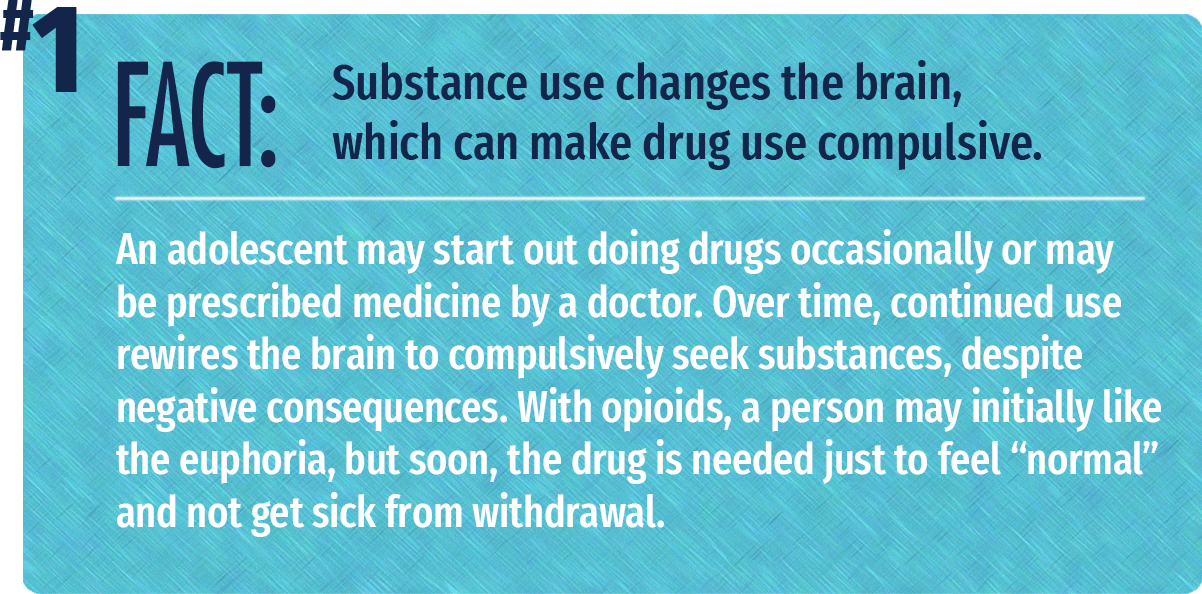 LEARN MORE: Addiction is a chronic medical disease of the brain.
LEARN MORE: Addiction is a chronic medical disease of the brain.
***
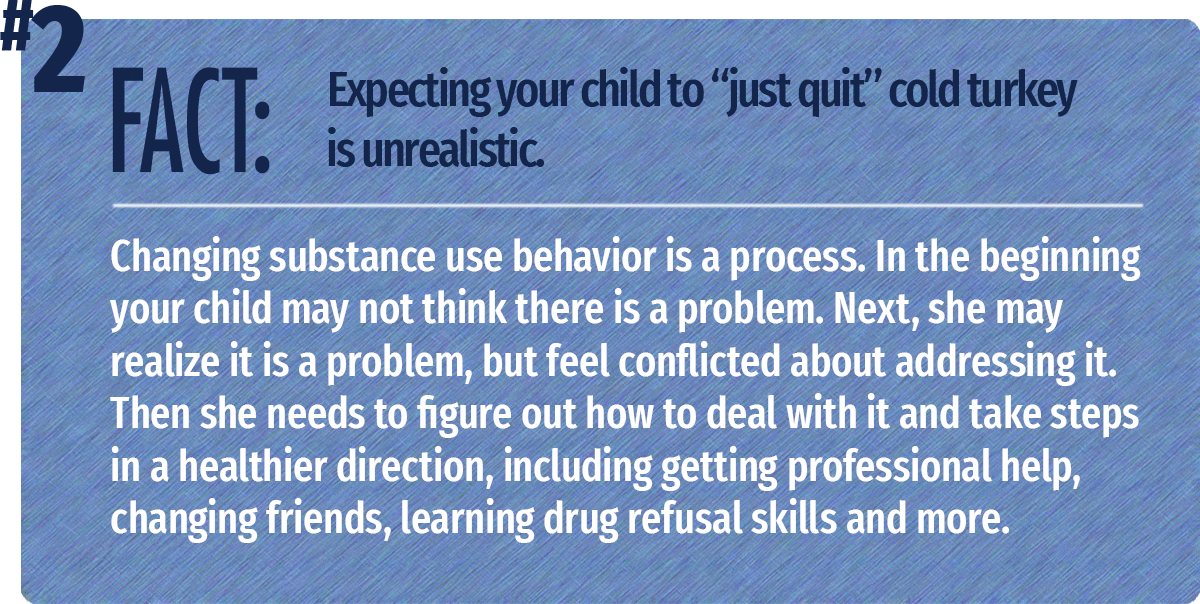
LEARN MORE: Find out how you can best suggest treatment to your child.
***
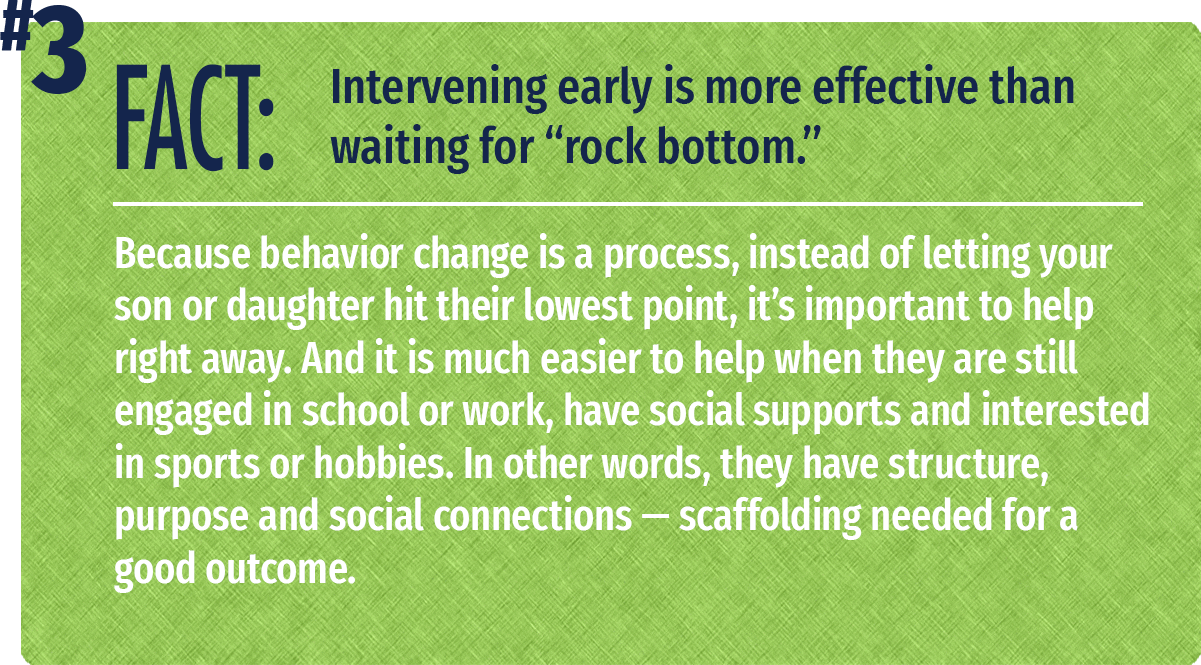
LEARN MORE: Get one-on-one help and support from our trained and caring master’s-level counselors.
***
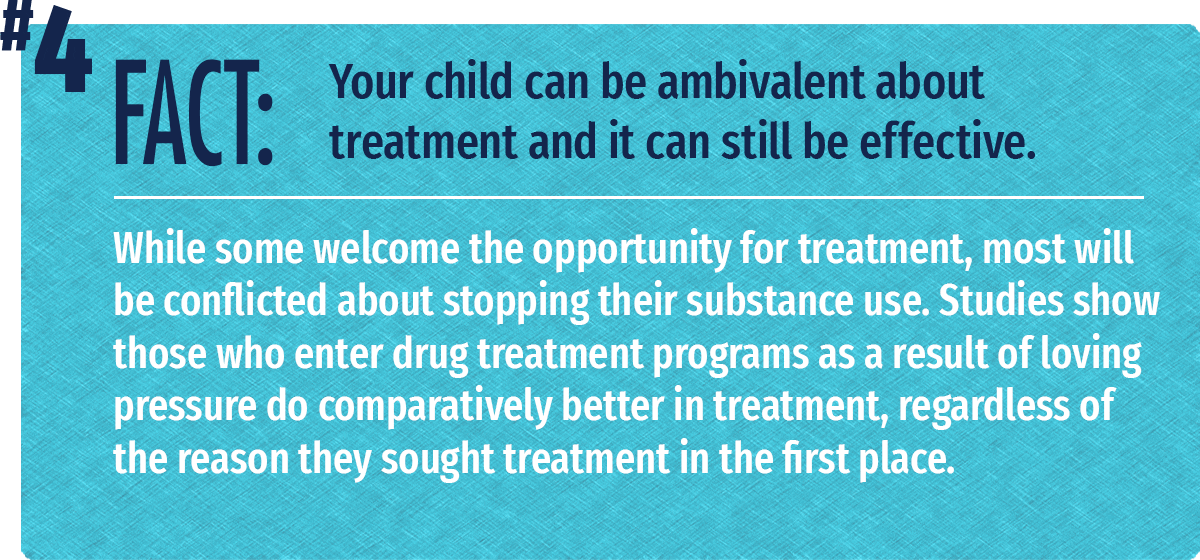
LEARN MORE: Learn how you can address your child’s drug use.
***
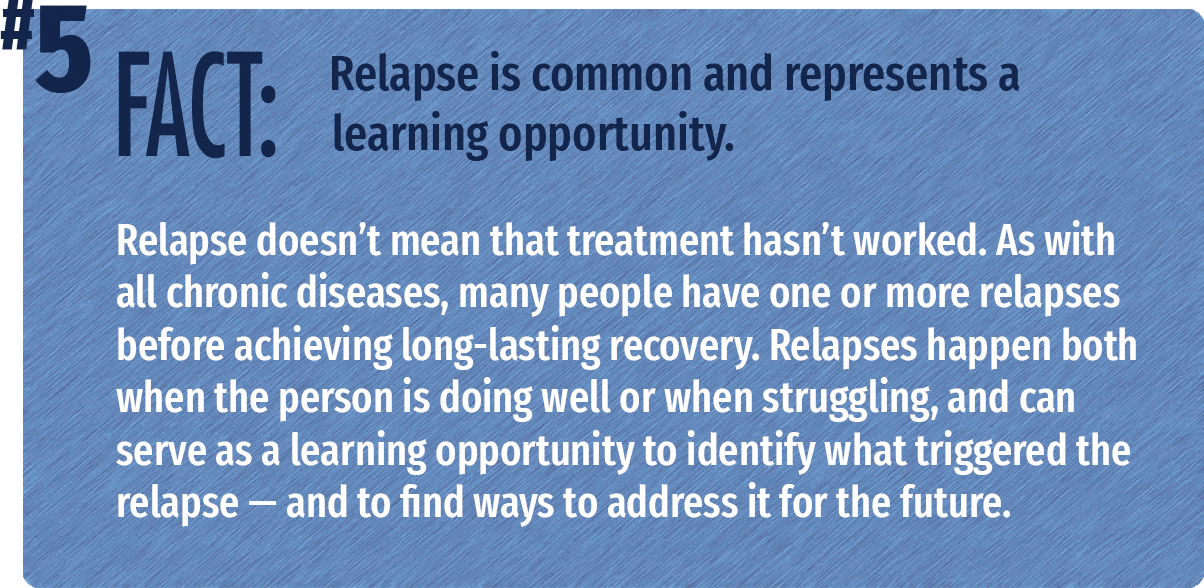
LEARN MORE: Read 5 Things You Need to Know About Relapse.
***
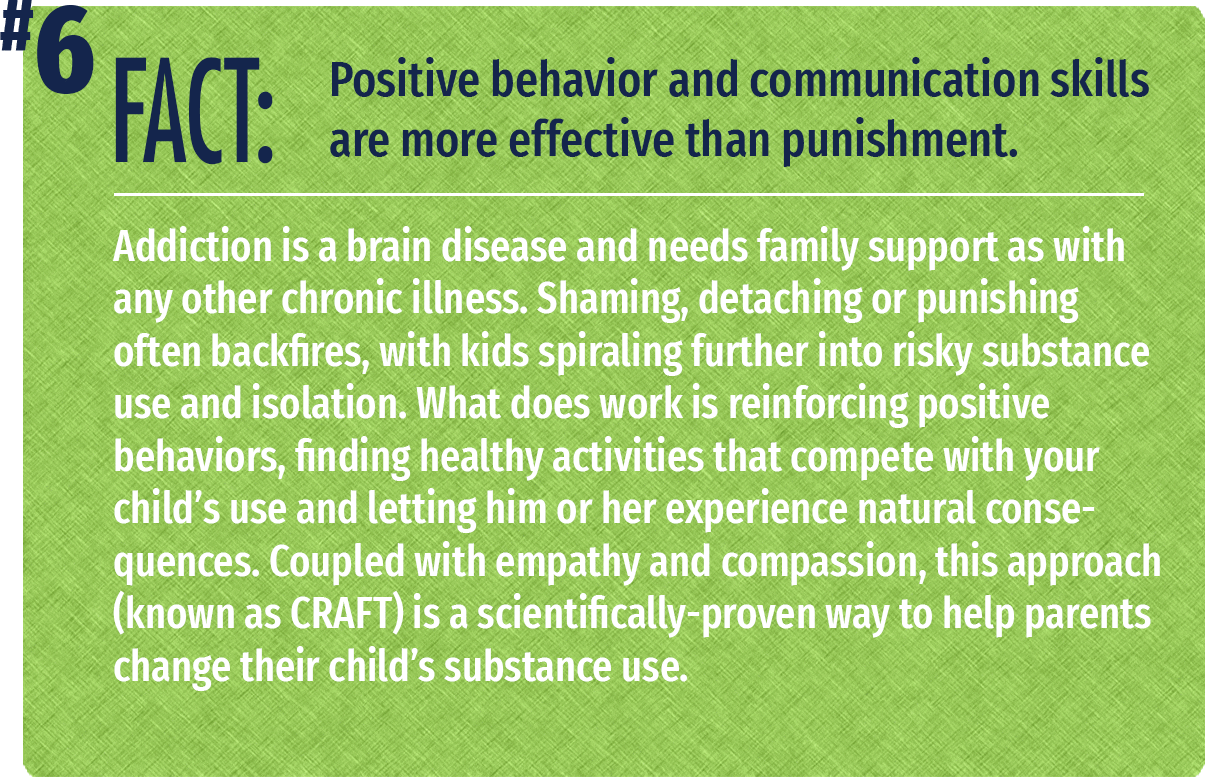
LEARN MORE: Use CRAFT skills to help your family heal.
***
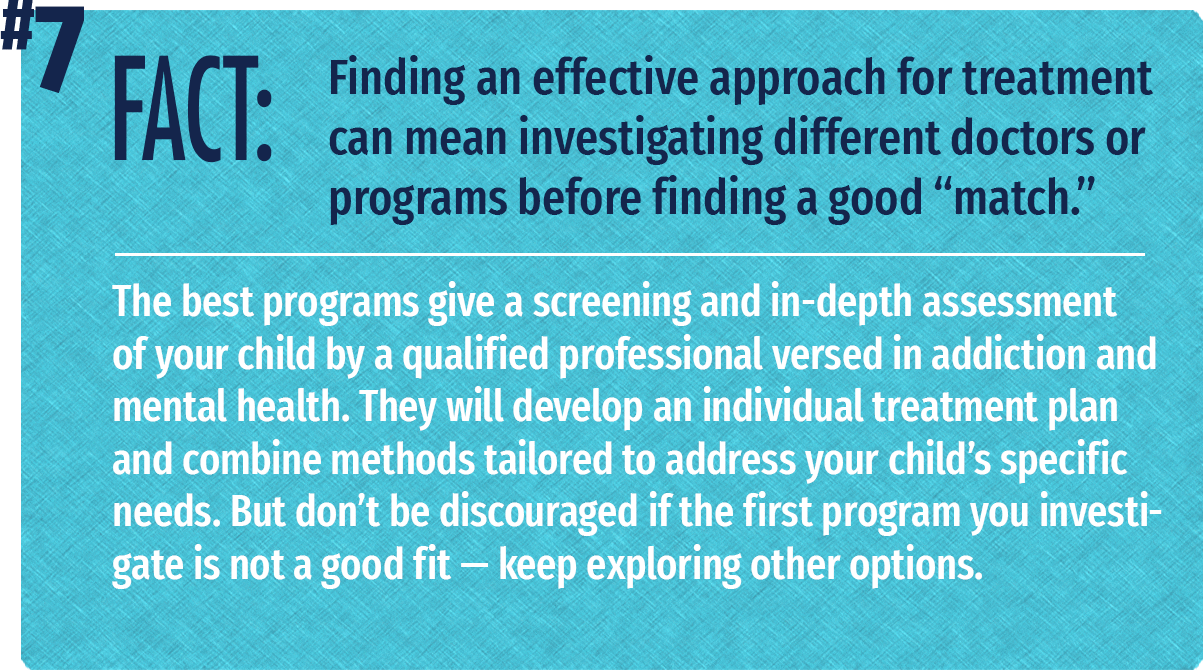
LEARN MORE: Find out more in our Treatment eBook.
***
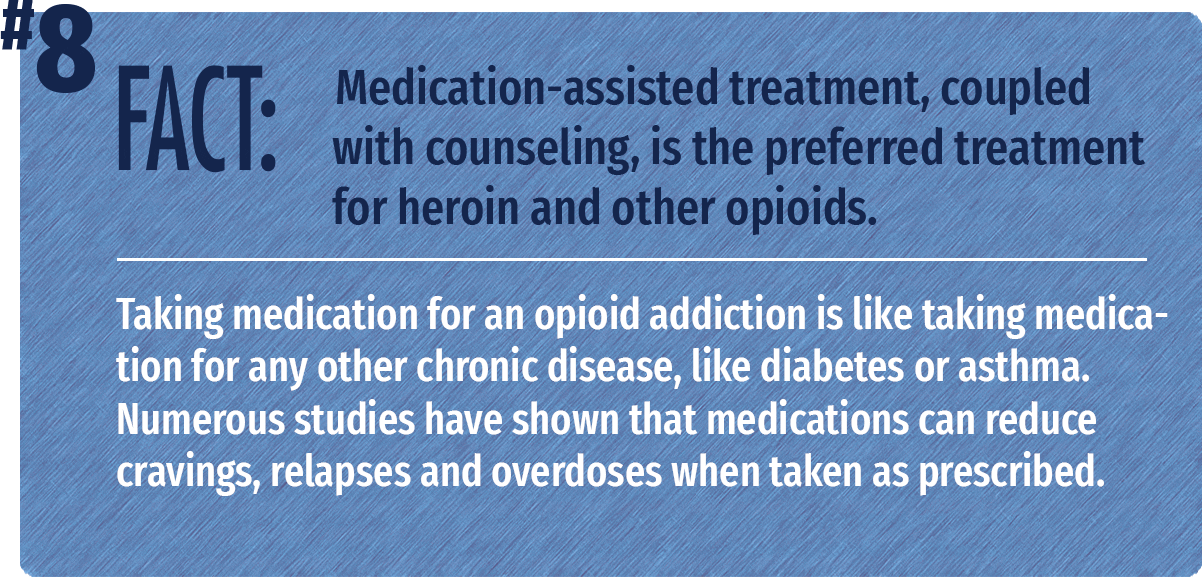
LEARN MORE: Medication-Assisted Treatment can help aid recovery.
***
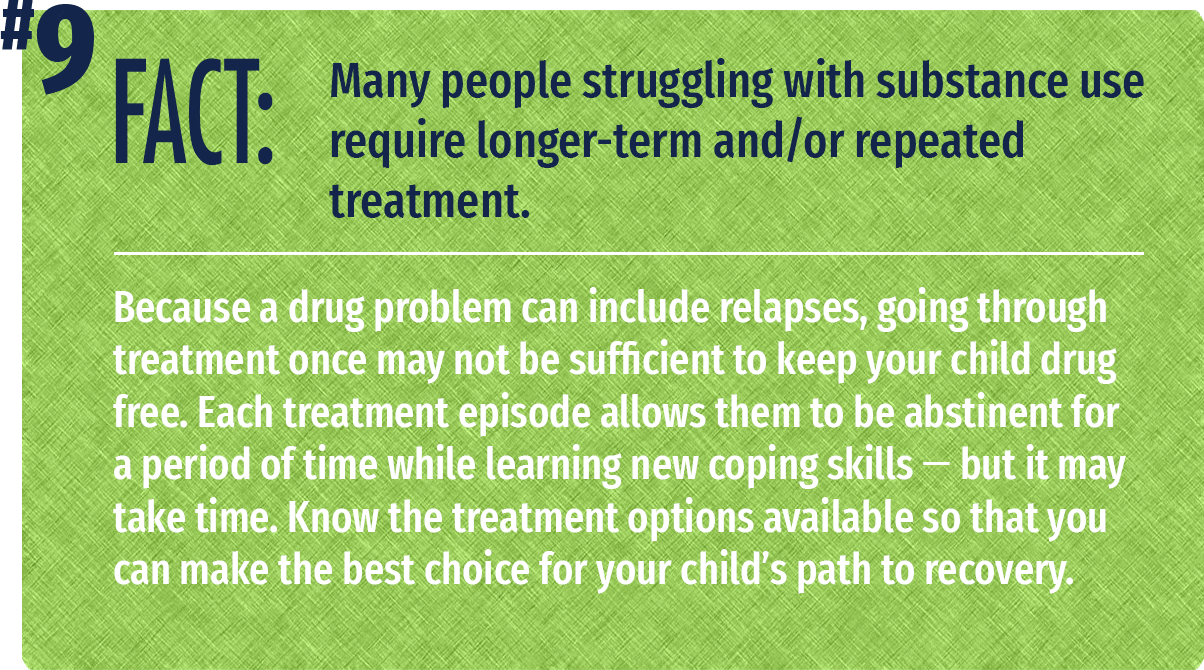
LEARN MORE: Get help navigating the treatment system.
Want to Read This on a Single Page?
Download a PDF version of “9 Facts About Addiction People Usually Get Wrong” to read it all on one page or to print it out.














